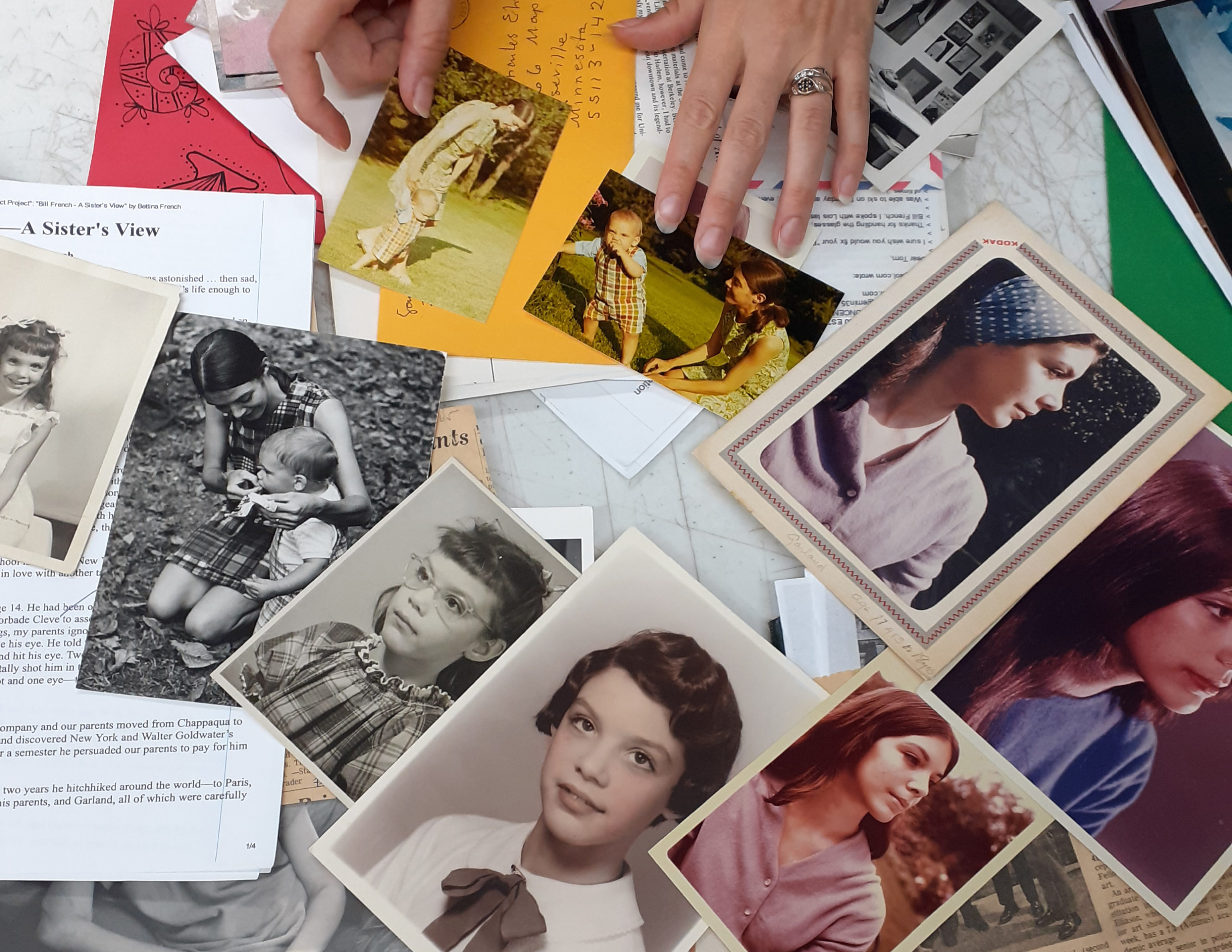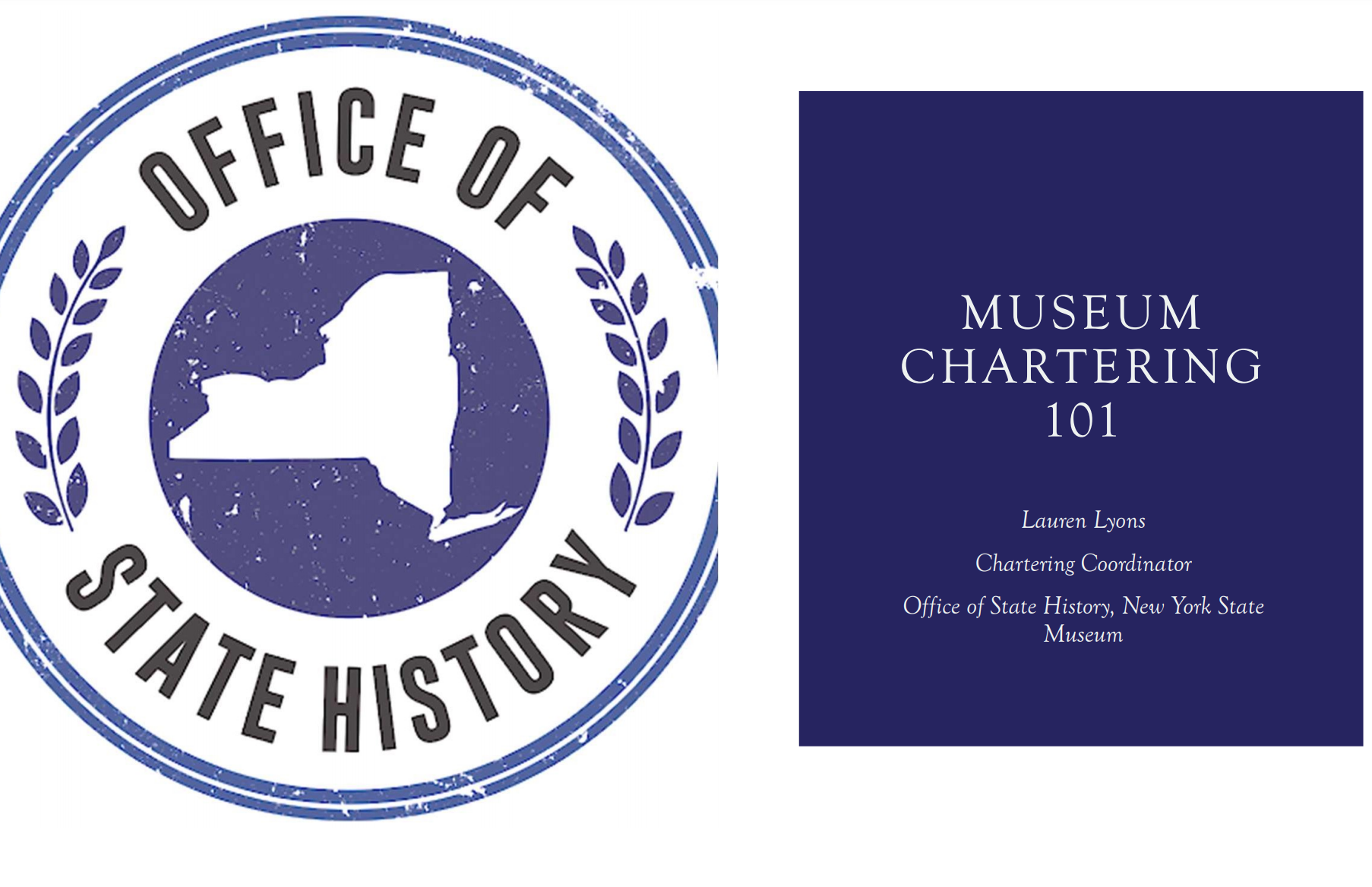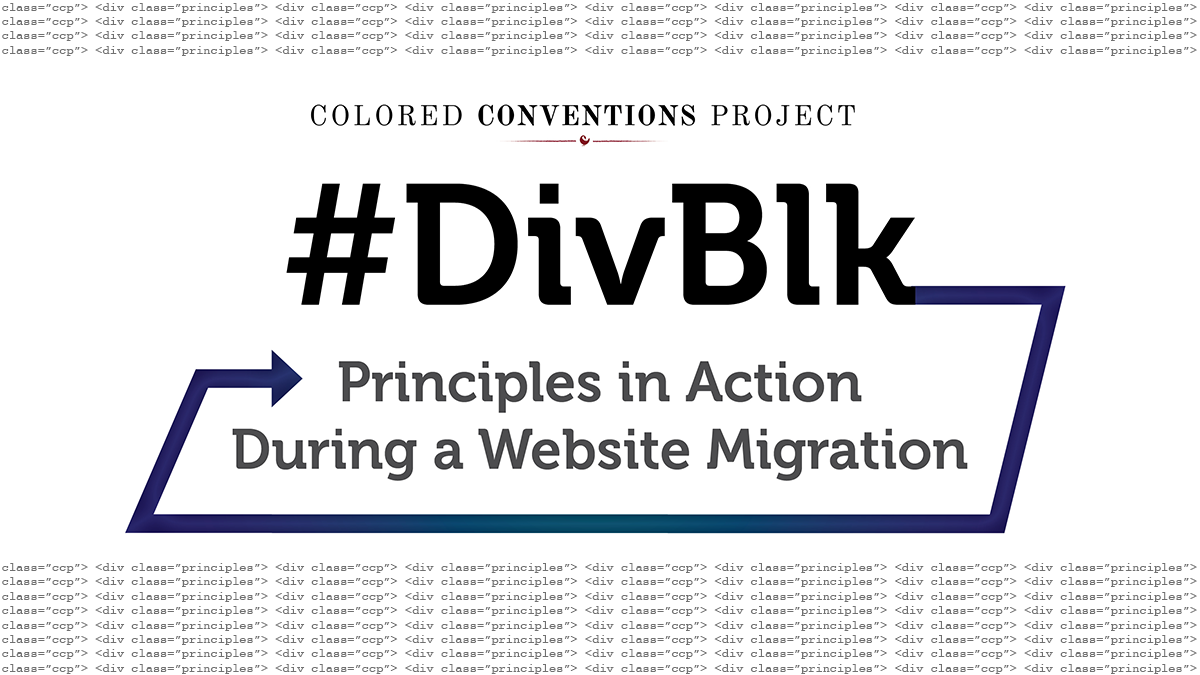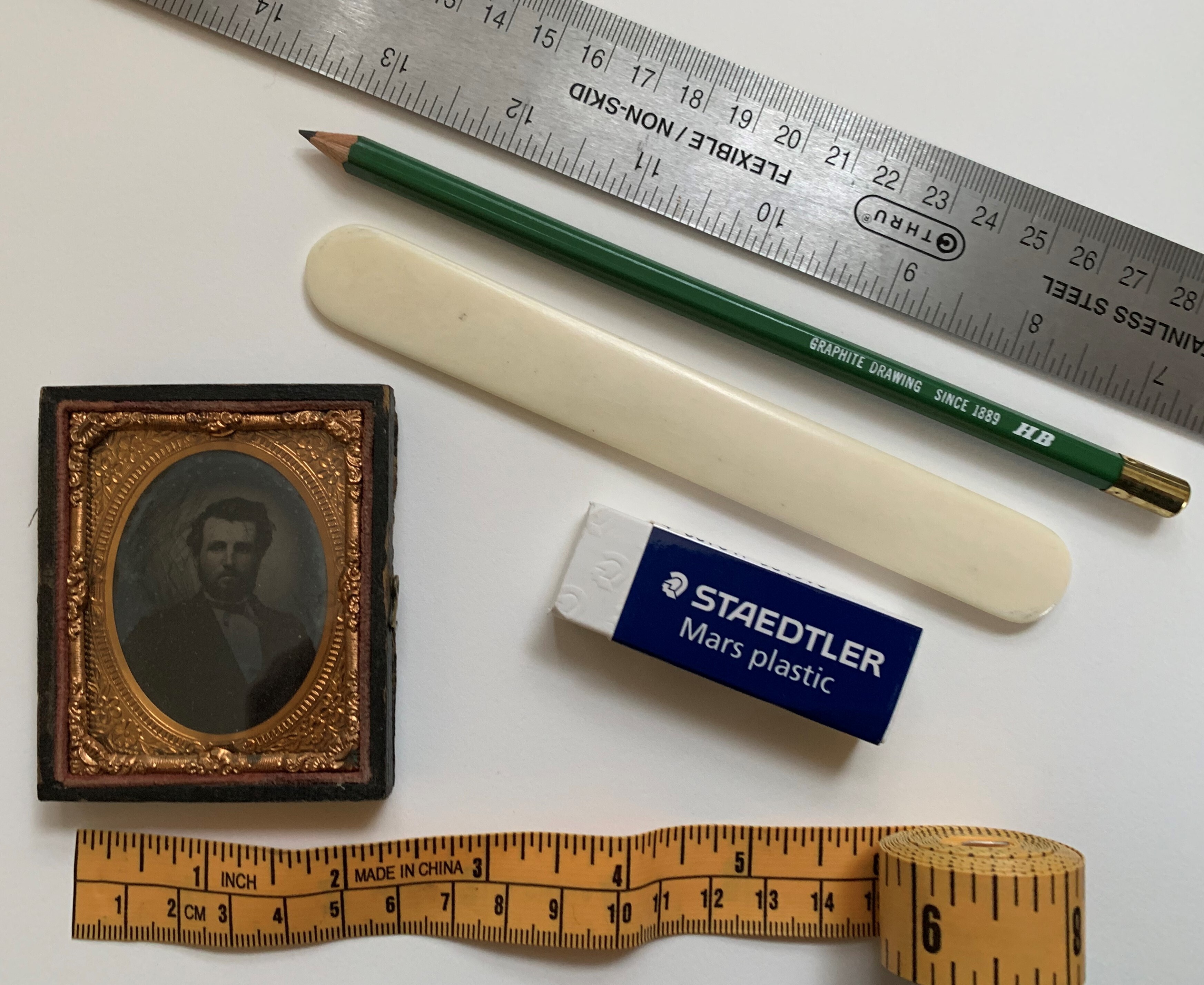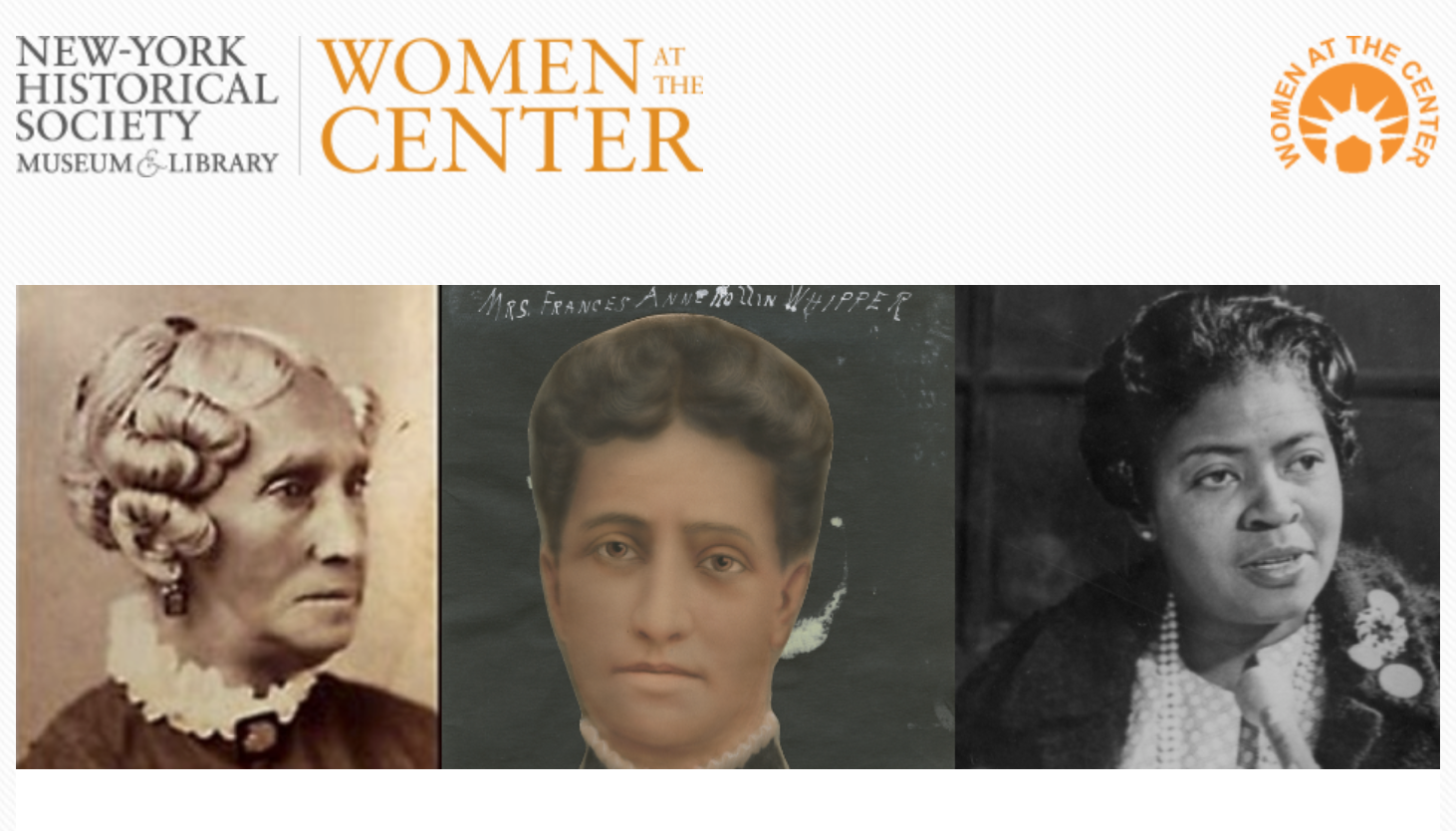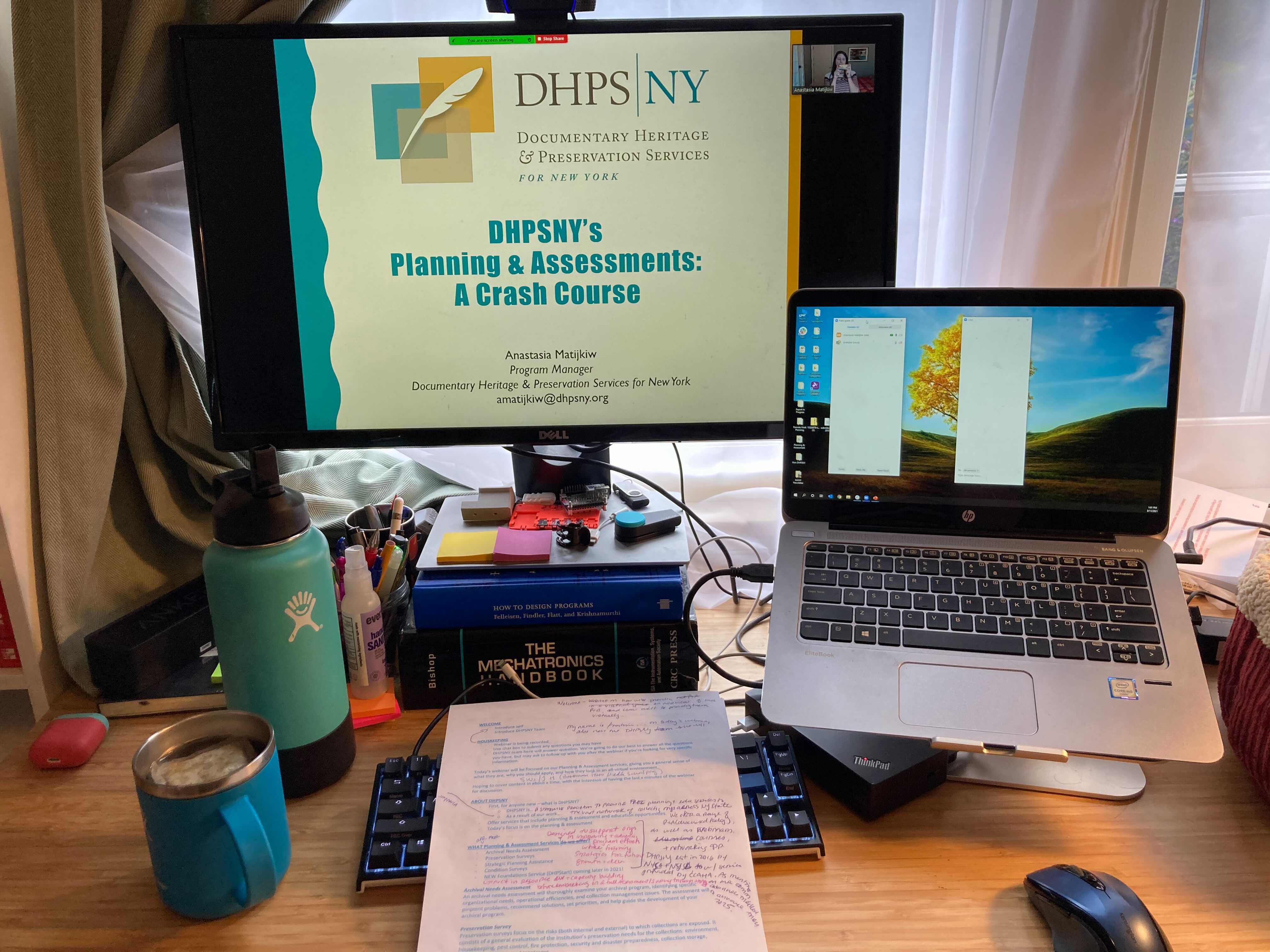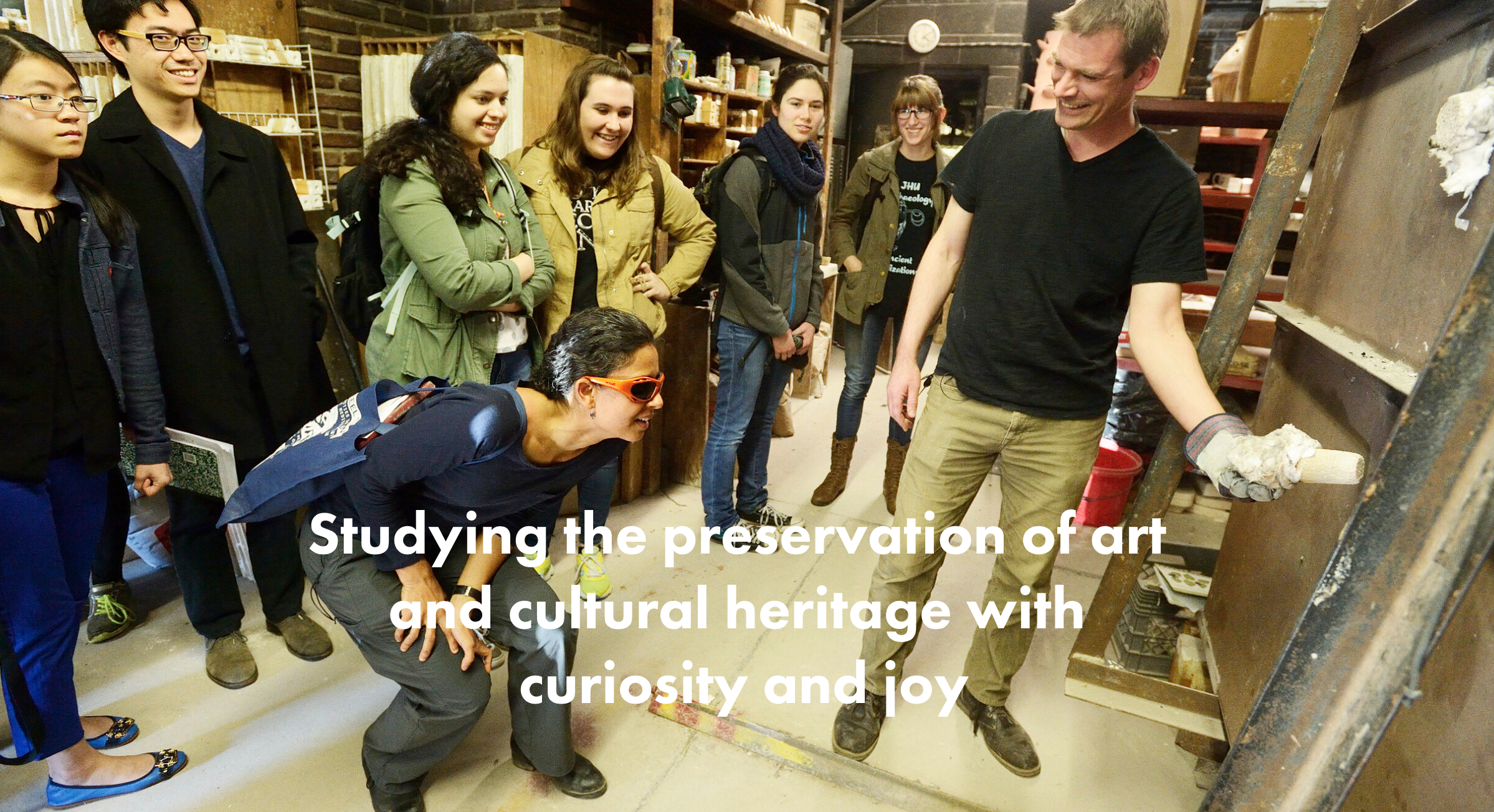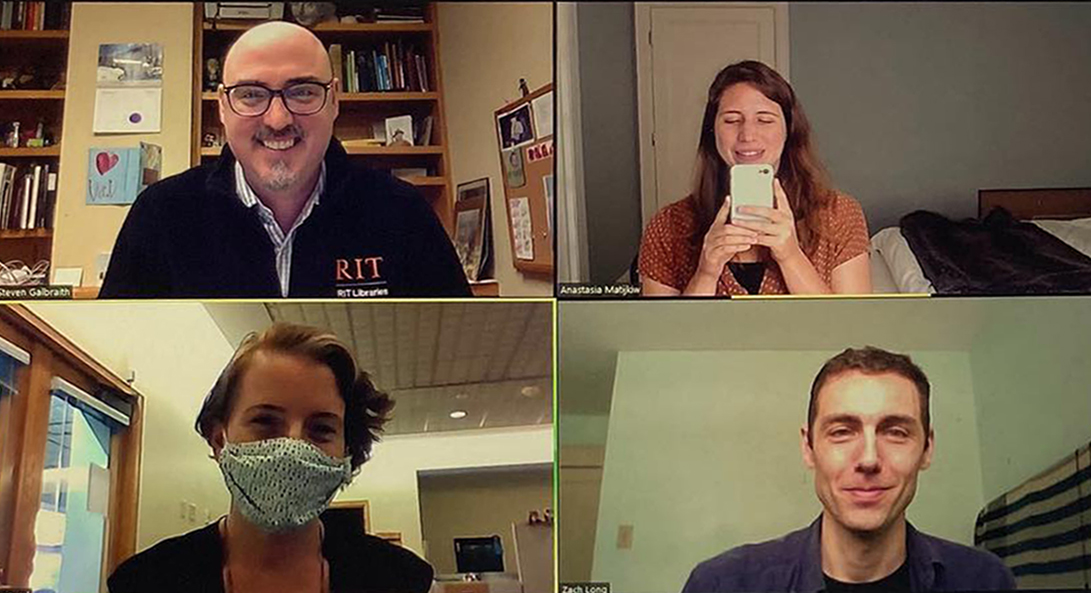Happy Preservation Week 2021! Preservation Week, April 25 – May 1, 2021, celebrates the importance of preservation and promotes the role of cultural institutions in preserving personal and public collections and artifacts.
This year’s theme is Preserving Community Archives: “Community archives are organized by members of physical or self-identified communities—specifically those marginalized by traditional collecting institutions—and are focused on documenting and interpreting…
